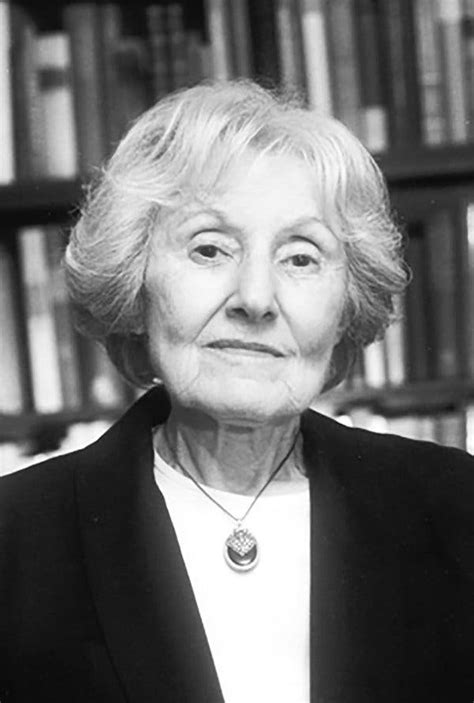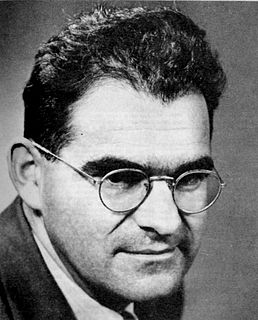A Quote by William Sloane Coffin
To show compassion for an individual without showing concern for the structures of society that make him an object of compassion is to be sentimental rather than loving.
Quote Topics
Related Quotes
Compassion does not just happen. Pity does, but compassion is not pity. It's not a feeling. Compassion is a viewpoint, a way of life, a perspective, a habit that becomes a discipline - and more than anything else, compassion is a choice we make that love is more important than comfort or convenience.
There are two types of compassion. One - is faint-hearted and sentimental. Actually, it is nothing more than impatience of the heart, that is hurrying to get rid of that hard feeling when you see other peoples' sufferings; this is not a compassion, but just an instinct will to defence yourself from misfortunes of others. But there is another compassion - real one, that demands for actions, not sentiments, it knows what it wants, and it is full of determination to do everything, what is in human power and even beyond it.
Where there is no human connection, there is no compassion. Without compassion, then community, commitment, loving-kindness, human understanding, and peace all shrivel. Individuals become isolated, the isolated turn cruel, and the tragic hovers in the forms of domestic and civil violence. Art and literature are antidotes to that.
Only when all your desires disappear does that energy become compassion, KARUNA. You cannot cultivate compassion. When you are desireless, compassion happens; your whole energy moves into compassion. And this movement is very different. Desire has a motivation in it, a goal; compassion is nonmotivated, there is no goal to it, it is simply overflowing energy.
Have a great compassion for people. To be able to have a heart full of compassion, we need to pray. Especially be kind, be loving to the poor. We think we do so much for the poor, but it is they who make us rich. We are in debt to them. Do you want to do something beautiful for God? There is a person who needs you. This is your chance.
When we practice generating compassion, we can expect to experience our fear of pain. Compassion practice is daring. It involves learning to relax and allow ourselves to move gently toward what scares us. The trick to doing this is to stay with emotional distress without tightening into aversion, to let fear soften us rather than harden into resistance.



































